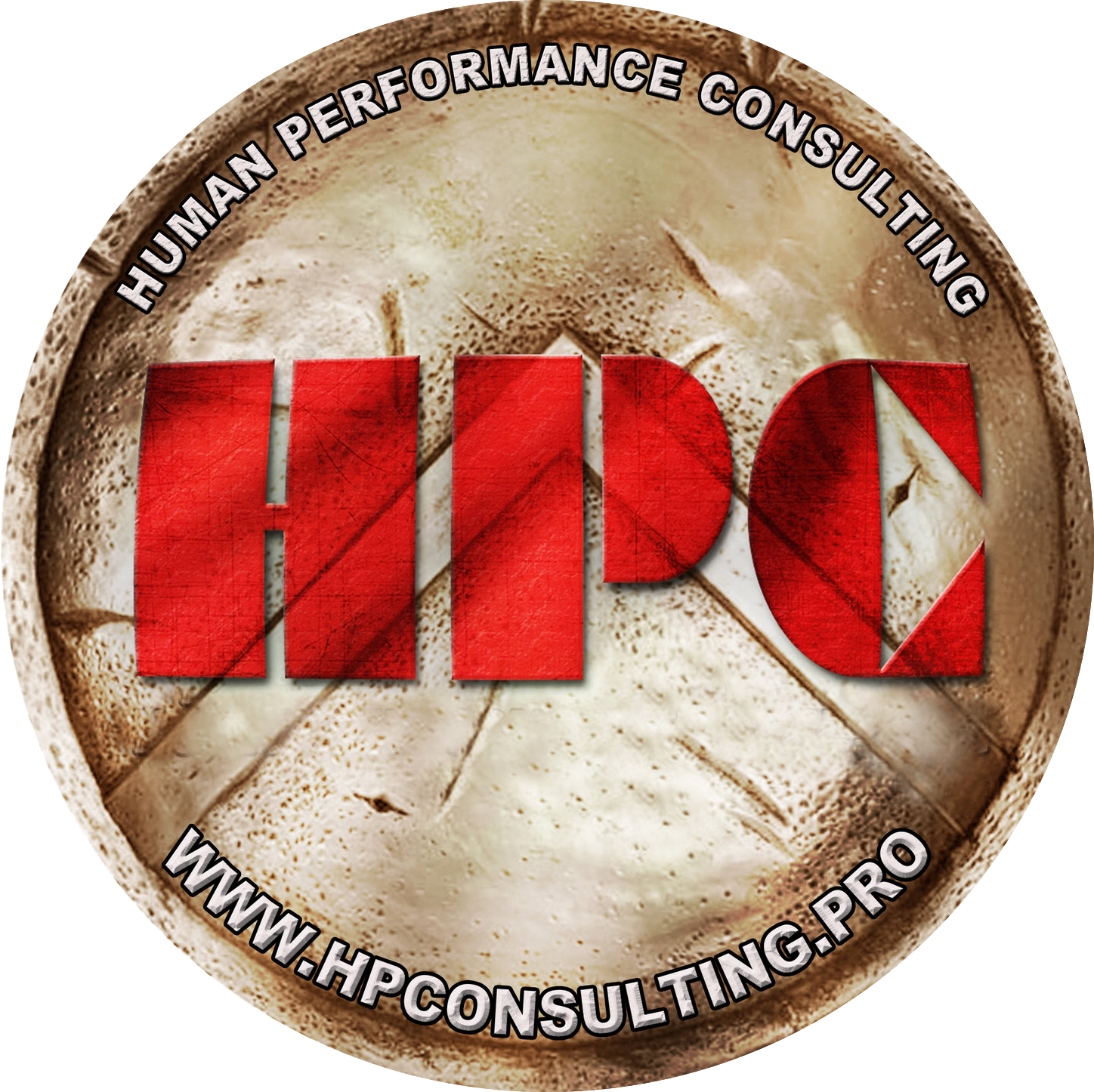Disconnect to Reconnect
Sometimes resilience is forcing yourself to find a gold nugget hidden in a pile of rubble and garbage. It’s about making lemonade out of a bunch of lemons. Resilience is easy to understand; yet not so easy to practice. In the wake of last week’s hurricane, those affected by it directly sort through destroyed possessions, trees and even homes, and try and make sense of it all. To be truly resilient, one must try and find something good in the wake of disaster. For the majority of people that lost power for almost 2 weeks, and were without cell phone service for half that long, we revisit the old adage of “disconnect to reconnect” to find something good to talk about.
Technology
Technology is a great thing. It allows us to travel great distances. It allows us the freedom to communicate with friends and family. It lets us know up to the minute information about our weather, our economy, and the very pulse of our society. However, technology has a dark side. The very technology that benefits us so much is threatening the very core of our own existence. By being so connected, we never give our brains a break from analyzing, processing, and acting on information. Even if that action is a simple click of a like button on your favorite social media site. By keeping our brains continuously engaged in this manner, technology affects directly our resilience. Resilience is the process by which we react to stress and bounce back quickly before, during, and after a stressful situation. Our brains need a period of recovery to be able to bounce back. If we let it, technology stops our brains from recovering properly.
Technology comes in many forms. Television, mobile phones, computers, cars, movies, etc.
Awareness and Technology
You know what technology is and you know how it can pull your brain away from simply being aware and in idle mode. To practice awareness, you cannot be engaged in technology. To be truly aware of your surroundings, one must disconnect the thinking part of the brain and simply take everything in that surrounds you in the moment. Not thinking is something that, when we are engaged in technology, we simply cannot do. Try not to think the next time you pick up your cell phone. Unless you are taking in the physical dimensions of the phone or the color of the case, you are engaging your brain in some dimension when you turn the device on. Being aware and being engaged with technology cannot happen at the same time. That is why we need to disengage from technology. Some phones have a feature that tells us how much “screen time” that we consume in a week’s time. This is an interesting feature because it gives us direct feedback into how much time we spend not being aware and thinking. And, by the way, that only counts your mobile device screen time. How much time do you spend watching television or on the computer at work? This counts towards your screen time.
Looking at Clouds
As a kid, and even as an adult now, I often times look up at clouds when I have time to disengage from my daily life. Clouds have a calming effect and have the ability to bring you into the present moment. They change very slowly and can remind you of objects or even animals at times. I often tell my kids to go outside and look at the sky when they have been inside looking at screens. Balance is key here. If you spend too much time on your technology, you can’t be aware and your brain is constantly engaged in some type of thinking activity. This can become an addiction of sorts where you never stop your brain from being engaged. This can lead to fatigue, depression and certainly making the wrong choices, as negative thoughts enter your brain from too much engagement with your technology.
Assignment
This week, you assignment is to take one day and start a log and see how much time you spend engaged with technology. Compare that time to time spent fully engaged with humans. How do the two compare? Next, take a day and disengage from technology unless you absolutely have to do it. Perhaps Sunday is a good day to do it. See how it feels when you put your cell phone in a drawer and walk away from it for a day. Tune off the television and go outside and look into the sky.
“Lean into it!”
Dr. N

